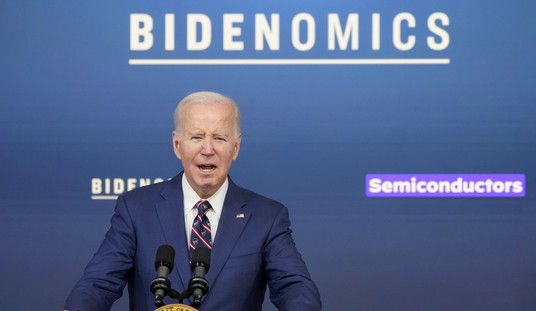FCC Commissioner Ajit Varadaraj Pai said mobile content such as music that some service providers exempt from data limits could be in violation of the agency’s new Internet conduct standard.
Pai cited T-Mobile’s music freedom program as an example.
“If you are a T-Mobile wireless customer and you have a data cap you might think, ‘well, I have to be careful about how I consume data.’ Well, T-Mobile has a program called music freedom, which exempts certain programs like Spotify and Pandora from those data caps, so if you listen to a bunch of songs when you are walking around that content does not count against your data cap,” Pai said during an Internet regulation discussion hosted by the Federalist Society.
“So, generally speaking, free content seems to be a good thing for most wireless consumers but the agency explicitly said that could be considered a net neutrality violation under the Internet conduct standard. And that simply raises the question, how far will this Internet content standard go? What kinds of business practices that innovative new competitors might want to introduce might be frowned upon by the FCC?” he added.
The agency passed the net neutrality rules in February of this year. Pai said the FCC has established an enforcement advisory opinion process where companies have the opportunity to ask the agency for permission to create new programs.
“Companies can come in and ask ‘mother may I? May I do this kind of business practice?’ Even then the agency said, ‘well, if we give you advice you can’t necessarily rely on it and I can bet you if you don’t come to the agency and ask for advice it’s going to be used against you in the future in enforcement proceedings.’ So the question is where do we go from here?” he said.
Pai told the audience it remains unclear how the agency will ultimately use the Internet conduct standard.
“That’s regulatory uncertainly defined,” he said. “I can’t put it any better than that.”
Pai explained that Internet services providers such as Verizon and Comcast have essentially been reclassified as public utilities under the agency’s net neutrality rules.
“Part of the reason I opposed the reclassification of broadband providers as common carriers is because the Internet market is anything but a static utility. I can’t think of an area of the economy that is more dynamic where investment is more important and where innovation is quicker and where consumers benefit so mightily and I think reclassifying every broadband provider from Comcast and AT&T all the way down to Main Street Broadband, an ISP in Cannon Falls, Minnesota, which has four customers, strikes me as using a sledgehammer to attack this problem,” Pai said.
“You would search in vain through the three-hundred-and-some pages of the order to find a market failure. Typically, one would presume that pre-emptive regulation from the FCC would be predicated on extensive findings that this marketplace has completely failed,” he added.
According to Pai, there is no evidence that America’s Internet marketplace is not thriving.
“America’s internet economy, I think, both as a commissioner and a consumer, is the envy of the world that we are leading the way in terms of innovation and investment and that’s something I think undermines the entire foundation of the net neutrality rules, which as I said previously are a solution that won’t work to a problem that simply doesn’t exist,” he said.









Join the conversation as a VIP Member